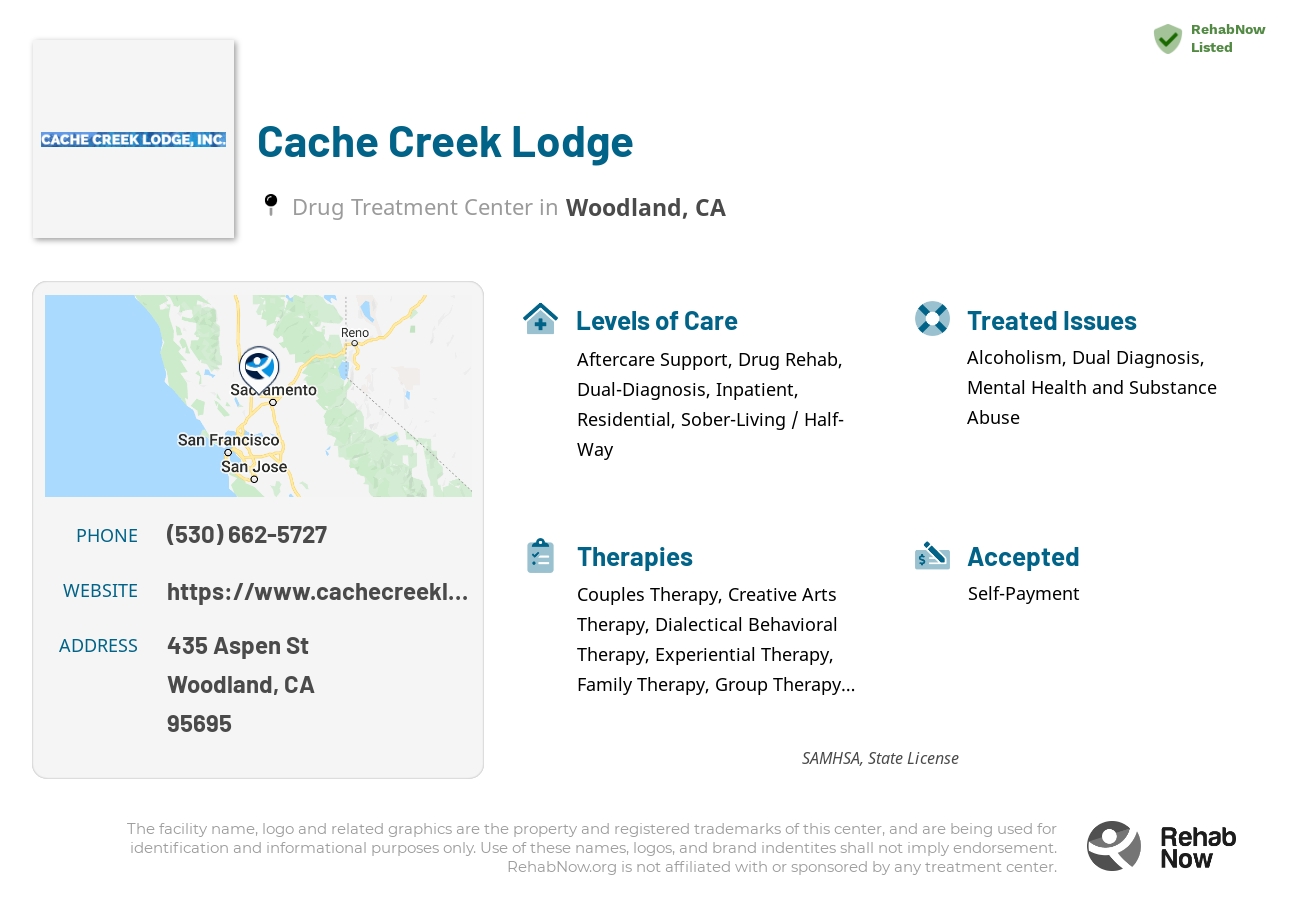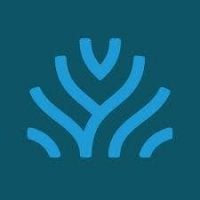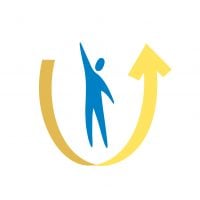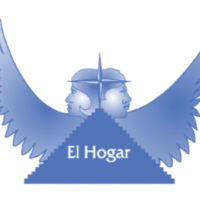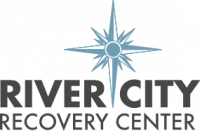Cache Creek Lodge
Drug Rehab Center in Woodland, California
Cache Creek Lodge is a 40 bed rehabilitation facility in Woodland, California offering comprehensive treatment options such as aftercare support, drug rehab, dual-diagnosis therapies, and more while being accredited by both SAMHSA and the State License Board.
About This California Facility
Cache Creek Lodge in Woodland, California, serves men and women aiming to recover from addiction with a 40-bed residential program rooted in a social model that embraces 12-step principles. Distinguished by its holistic and spiritual approach to recovery, the lodge provides comprehensive care including dual diagnosis treatment, making it a unique destination for those seeking lasting sobriety.
Accredited by the Substance Abuse and Mental Health Services Administration (SAMHSA) and holding a state license, Cache Creek Lodge emphasizes evidence-based practices and a client-centered approach. The variety in levels of care, from residential treatment to transitional housing, ensures a supportive path back into the community.
- Residential treatment at Cache Creek Lodge includes holistic and evidence-based therapies tailored to individual needs.
- Transitional housing options offer a safety net for clients moving towards community reintegration.
- Referrals to reputable outpatient counseling services extend support beyond inpatient care, fortifying recovery networks.
Specializing in treating alcoholism, drug addiction, substance abuse, and dual diagnosis conditions, Cache Creek Lodge employs a blend of individual and group counseling, behavioral therapy, and holistic methods across various levels of care to nurture recovery and personal growth.
Genders
Ages
Modality
Additional
Accreditations
State License
SAMHSA
Conditions and Issues Treated
Substance abuse typically leads to addiction, which requires specialized treatment programs at Cache Creek Lodge to address. Many people benefit from inpatient drug rehabilitation, which includes inpatient acute care and residential rehabilitation. Other levels of care include intensive outpatient therapy, individual counseling, and support groups. Family therapy is also an essential part of treatment for substance abuse.
A combination of treatments is often needed to treat drug abuse issues effectively. In the case of drug abuse, there is no easy answer or one-size-fits-all cure.
People with dual diagnosis have coexisting addiction and a mental disorder. 9.2 million US adults had a co-occurring disorder in 2018, so not just limited to California residents. Best treatment combines medication, psychotherapy (talk therapy), support group, and inpatient rehabilitation. Sometimes, complementary therapies – yoga, massage, and acupuncture – may also be used.
Levels of Care Offered at Cache Creek Lodge
This center offers a variety of custom treatment tailored to individual recovery. Currently available are Aftercare Support, Drug Rehab, Dual-Diagnosis, Inpatient, Partial-Hospitalization, Residential, Sober-Living / Half-Way, with additional therapies available as listed below.
Inpatient rehab means living at the Woodland, CA facility while all aspects of an addiction or co-occurring disorder get addressed. This helps limit the distractions and increase the focus on recovery. Typical inpatient rehab stays are approximately one month long.
A partial hospitalization program (PHP) is a short-term form of intensive rehab, usually for those with acute symptoms that are hard to manage but don’t require 24-hour care. PHPs have structured programming (i.e. individual and/or group therapy), and usually meet 3-5 days a week for around 6 hours (i.e. 9am-3m). Some PHPs are residential (patients sleep on site) and some are not, so patients sleep at home. PHPs can last from 1-6 months, and some offer transportation and meals.
Sober living home provides a drug and alcohol-free environment for people in Woodland trying to stay sober. The atmosphere in SLH is less restrictive than in inpatient rehab. Members have to follow many rules, including not drinking and using drugs and paying rent and bills. There is no limit for the minimum or maximum period of stay, but as long as you stay in the house, you should follow the rules, as it’s the opportunity for individual and group sobriety.
Residential treatment programs are those that offer housing and meals in addition to substance abuse treatment. Rehab facilities that offer residential treatment allow patients to focus solely on recovery, in an environment totally separate from their lives. Some rehab centers specialize in short-term residential treatment (a few days to a week or two), while others solely provide treatment on a long-term basis (several weeks to months). Some offer both, and tailor treatment to the patient’s individual requirements.
After treatment, addiction treatment can be frightening for newly sober people. Aftercare support provided by Cache Creek Lodge is designed to give resources and help on a continued basis. It can involve finding housing in and around California, setting up 12-step meeting groups, continued medical monitoring, and counseling.
Therapies & Programs
Couples therapy aims to rebuild the trust between the partners. Partner’s involvement in the process will result in greater chances of treatment success. Couples therapy addresses financial issues, loss of trust, lack of intimacy, and physical abuse.
Family therapy is a set of therapeutic approaches that assumes that the entire family is a system. It utilizes the strengths and resources of the family to help the patient refrain from resorting to substance abuse. The impact of substance abuse is not just on the patient but on the entire family. Family therapy ensures that the patient gets adequate support from the family members after the treatment making the recovery process sustainable
- Family therapy guides all the members of the family to help the patient.
- It helps to repair relationships and improve communication between family members.
- It helps to keep the patient engaged and motivated throughout the treatment.
Group therapy is an important tool in recovery. Finding a peer group in Woodland, CA and others who relate to your situation is a fundamental tool for recovery at Cache Creek Lodge. Addiction tends to lead to isolation and feelings of uniqueness. The accountability and friendship that is found in group therapy can be more effective than any single other treatment approach. This is generally introduced early in recovery and is recommended as a lifetime treatment habit.
Trauma therapy is a way of addressing trauma while in a safe situation in order to heal. This may involve Cache Creek Lodge managing individual or group counseling or both. Other forms of therapy have been proven to assist in healing past traumas.
A type of cognitive-behavioral therapy is Dialectical Behavioral Therapy. It is intended for those who are vulnerable to self-harm and suicidal thoughts. Cache Creek Lodge aims to help patients understand the connection between their feelings, emotions, and behaviors and provide them with the tools to make a difference in Woodland, CA. For those whose addictions and habits originate from severe mental health problems, it is beneficial.
Negative feelings are common in substance abuse disorders. If not recognized, they can cause co-occurring disorders. CBT involves strategies that help to change the thinking and behavioral pattern. It can be administered as a monotherapy as well as a part of combination therapy.
Rational Emotive Behavioral Therapy (REBT) is a variation of Cognitive Behavioral Therapy (CBT) that helps people understand how maladaptive, negative, and habitual thoughts and feelings lead to bad life choices. REBT is based on the idea that people operate under many irrational but habitual patterns of thought that fuel harmful practices.
Rehabilitation is not just limited to bringing an individual out of addiction and achieving sobriety. It is considered complete only when an individual starts leading a normal and balanced life. Life skill therapy focuses on the various skills that help an individual to lead a normal life. Patients often do not take care of themselves, struggle professionally, and withdraw from social interaction due to addiction’s physical and emotional disturbances.
Life skills therapy helps people in California improve various personal, professional, and social skills such as cooking healthy meals, maintaining proper hygiene, budgeting, decision-making, time management, regulation of emotions, and effectively resolving interpersonal conflicts.
The first three steps depend on the patient, so they are more specific and situational. The succeeding four steps center on practical issues brought on by substance abuse. Steps 8 and 9 deal with the social and emotional repercussions of addiction, encouraging patients to make amends to people they have wronged. These are followed by two steps revolving around the further exploration and reinforcement of Steps 1 to 9.
The last step requires an individual to extend a helping hand to people who are still in the early stages of their recovery.
Patient Experience
Creative Arts
Creative arts therapy, or expressive therapy, is beneficial to those battling addiction. It can include writing, music, drama, art and other forms of self-expression. It improves the patient’s emotional state and allows them to focus on something other than addiction. It allows Cache Creek Lodge to examine how their feelings and emotions play out through the creative process.
Experiential Therapy at Cache Creek Lodge
Experiential therapy works by using tools and activities to recreate past experiences. Role-playing, arts and crafts, music, animal care, rock climbing, etc. are some of the activities used in this therapy. It is different from medication and talk therapy and suits those who have difficulty expressing themselves.
Fitness Therapy
Treating substance addiction requires different types of therapies carried out simultaneously. One of the most encouraging and exciting treatment methods offered by Cache Creek Lodge in Woodland, California is fitness therapy. In fitness therapy, patients inject movements into regular counseling sessions. It has physical, mental, and emotional benefits, including an increase in strength and flexibility. It can also help enhance cognitive functions of the brain and improve attention span.Payment Options Accepted
For specific insurance or payment methods please contact us.
Additional Details
Specifics, location, and helpful extra information.
Woodland, California 95695 Phone Number(530) 662-5727 Meta DetailsUpdated April 15, 2024
Staff Verified
Patient Reviews
There are no reviews yet. Be the first one to write one.
Woodland, California Addiction Information
More than 3 million of California's citizens are addicted to illegal drugs. Almost 800,000 people use hard drugs, almost 5 million use marijuana, and another 2.1 million abuse alcohol every year. Other substance abuse issues such as binge drinking and teen drug use are also common. Many illegal drugs such as cocaine, heroin, methamphetamine, and marijuana are smuggled into the state from Mexico.
Woodland, California is struggling with a significant drug addiction problem. According to recent statistics, there are estimated to be over 2,000 individuals in Woodland who are addicted to drugs. This accounts for about 5% of the population. Drug addiction and abuse problems have contributed to increased crime in the city. The drug treatment process can vary depending on the type of drug, the severity of the addiction, and the person's overall health.
Treatment in Nearby Cities
- Temecula, CA (443.1 mi.)
- Fountain Valley, CA (405.5 mi.)
- Colton, CA (404.9 mi.)
- Oakhurst, CA (149.9 mi.)
- Topanga, CA (364.2 mi.)
Centers near Cache Creek Lodge
The facility name, logo and brand are the property and registered trademarks of Cache Creek Lodge, and are being used for identification and informational purposes only. Use of these names, logos and brands shall not imply endorsement. RehabNow.org is not affiliated with or sponsored by Cache Creek Lodge.




